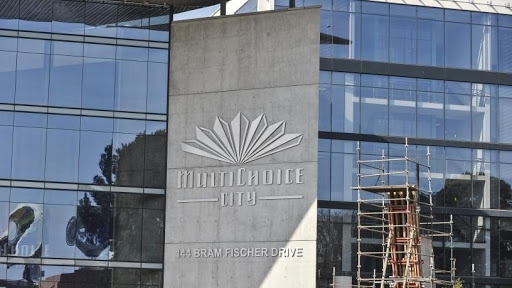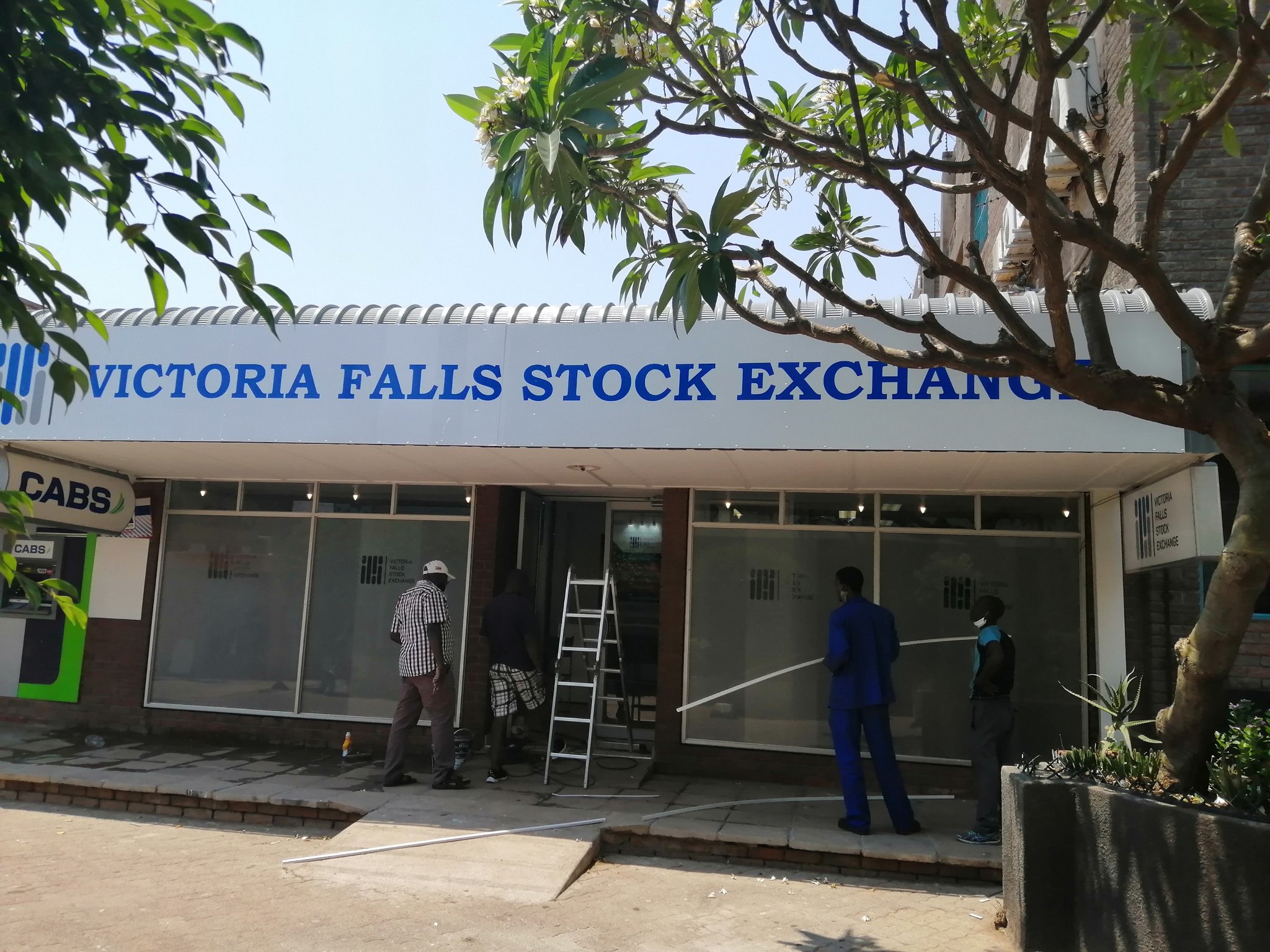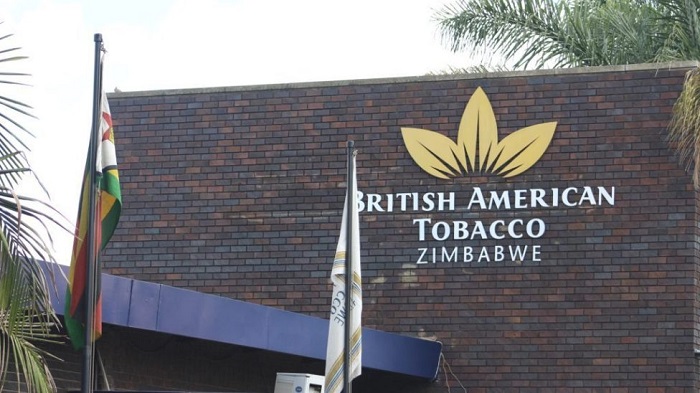US$100m earmarked for Redcliff cement project
ONE of Zimbabwe’s emerging cement producing companies, Livetouch Investments, located in Redcliff near Kwekwe, plans to inject over US$100 million into the construction of a second manufacturing plant to be rolled out in phases under the firm’s expansion project.
Construction of the project is also part of the many investments expected into the country, driven by proclamation by the President that under the Second Republic, is “Zimbabwe is open for business”.
Although the location of the new plant is yet to be identified, Livetouch has in the past five years been scouting for limestone deposits across the country that would match the envisaged investment.
Livetouch managing director Kyle Wang said about US$30 million was invested into the Redcliff cement plant while between US$15 million and US$20 million would be injected under the first phase of the second cement plant.
“In the first phase, we want to inject about US$15 million to US$20 million. That’s a kickstart for the examination of the resource (limestone deposits) and also for the sake of covering up our current consumption.
“The first phase will run for a year or two depending on the outcome we get, in the second phase we’re probably going to invest between US$80 and US$100 million,” he said in an interview.
The firm’s first cement plant, which has an installed capacity of up to 34 000 tonnes per month was established in 2017.
At the moment, the Redcliff-based cement manufacturer is only producing about 15 000 tonnes per month, less than half the plant’s design capacity.
The company is running at between 40 and 50 percent capacity utilisation level with three shifts employing about 260 people.
When the new plant comes on board, Mr Wang said its installed capacity would be dependent on its location but the project is expected to create an additional 300 jobs.
He said the major constraint delaying the development of the planned investment was limestone deposits with quality and significant ore for an investment of such a magnitude. “Actually until today, we couldn’t reach the designed plant capacity, one of the major difficulties is the resource (limestone). We are still limited by the limestone resources in the country.
“But our geological team have been running around in the country in the past five years to look for a proper limestone and there are some of the good limestone deposits we identified in areas such as Rushinga, Nyamapanda, Bulawayo, and Masvingo.
“We identified some good limestone deposits but the problem with some of the limestone is the quality,” said Mr Wang.
“For us to utilise the limestone, we require a certain quality of the ore and also we require a certain quantity of the ore . . . so, to match these two standards, a lot of resources fail to get passed in our board.
“But we have purchased and pegged several limestone deposits in the past few years, right now we are at a stage where we are going to choose one for the second plant.” So far, he said the power and coal supply challenges at the Redcliff factory were now a thing of the past as these have remarkably improved.
“Only what we need is the limestone to produce clinker and that’s the major reason our production is limited. Livetouch Investments, which sells its product locally, also imports clinker from Lusaka, Zambia because the quality of the clinker from the neighbouring country is good, according to Mr Wang.
“And also because I can’t speak for other companies, PPC (Pretoria Portland Cement) Zimbabwe is also a good company, they actually supplied us clinker before but somehow their Colleen Bawn clinker plant, since last year there was something going on, so they couldn’t continue supplying us, which is fully understandable.”
Per month, he said Livetouch is presently importing about 4 000 tonnes of clinker while some of the raw material was being secured locally from Lafarge.
“Basically, as long as the clinker is (available to us) and passes our lab test, then we’ll buy it as long as the cost is within our range.
“But to be honest, within Zimbabwe we couldn’t find a reliable supplier for clinker, that’s why we have to look outside of the country,” said Mr Wang.-The Herald









